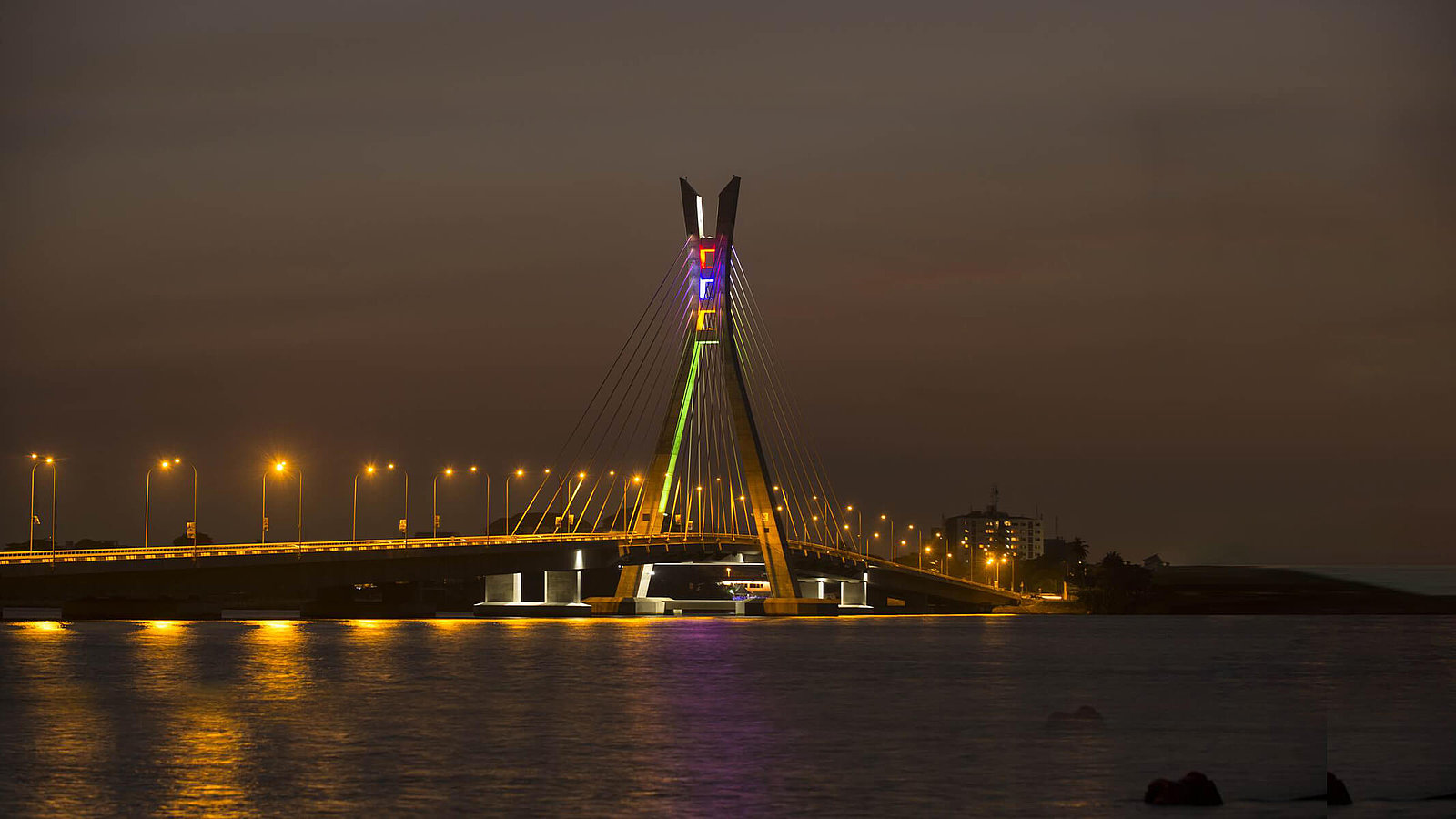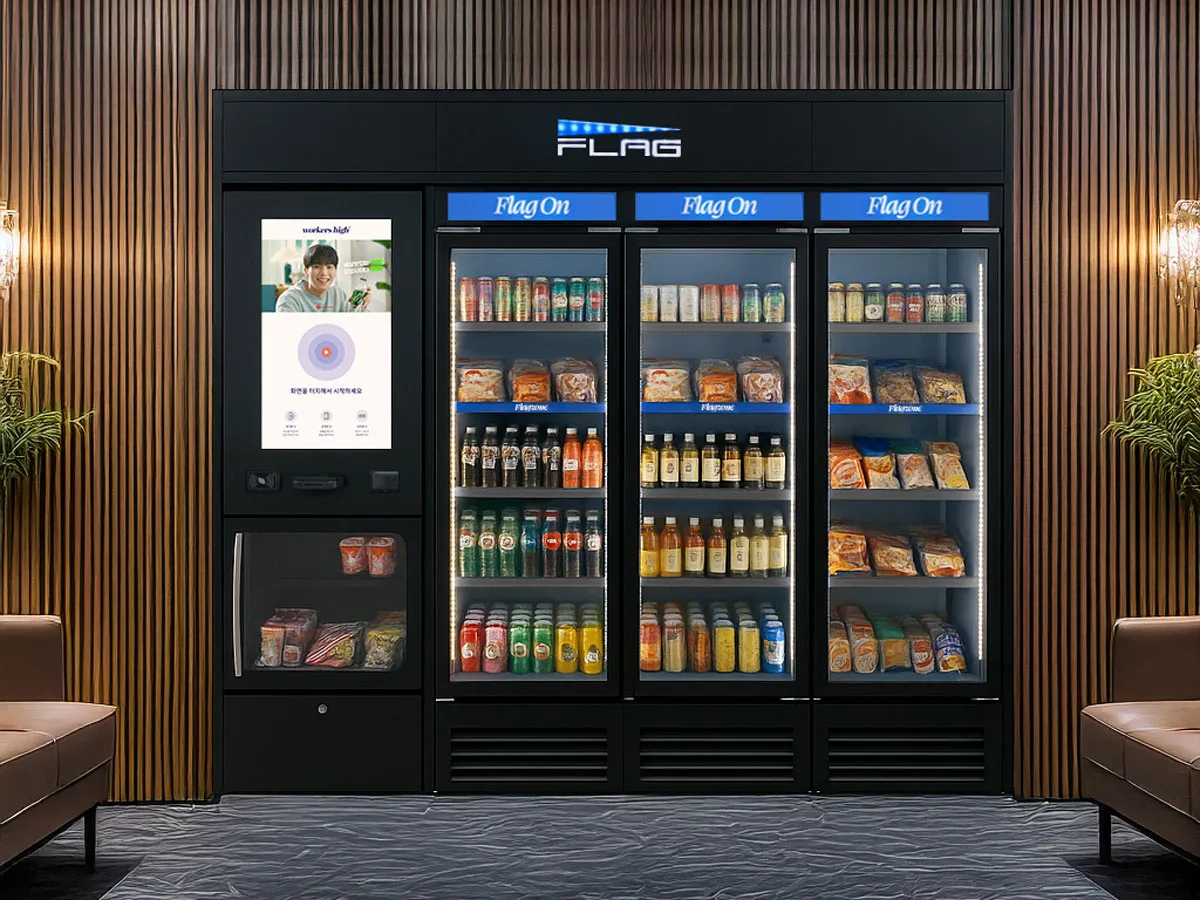By Gloria Adesanya
Copyright pulse

If Lagos were a person, it would be that friend who never slows down. The one you never have a dull time with, even if it means they stress you out almost every time. They are always hustling, picking up new passions, habits, and looks, and somehow still finding time to throw the best parties and have fun in every possible way. But it wasn’t always like this.
Back in 1861, when the British annexed Lagos, it was a small cosmopolitan port city, lit by electric street lamps before many European capitals. It was filled with government houses, trams, and European clubs.
Fast forward to 2025, and Lagos has transformed into a sprawling megacity of over 20 million people, renowned for its traffic jams, tech hubs, and Nollywood glamour, as well as Nigeria’s economic engine and Africa’s cultural hub.
But beyond the buzz, how much of colonial Lagos still lingers in modern Lagos? And what has truly changed? What’s better? And what stubbornly refuses to go away? Let’s take a walk through time.
READ ALSO: 5 Events Where Lagos Youth Are Celebrating Independence Day.
First of all, Introduction: How Did Lagos Come About?
Lagos, originally founded as Eko by the Awori Yoruba, was a small but mighty commercial kingdom. It was later influenced by Creole elites from Brazil and Sierra Leone, as well as European merchants.
The British came into the picture in 1851 when they intervened in an internal political dispute, establishing a protectorate in 1861.
Colonial Lagos: The City by the Marina
Back in the early 1900s, Lagos was the jewel of British West Africa.
Buildings & Architecture
The British invested in infrastructure, but primarily to serve their own economic interests. Lagos had electric streetlights as early as 1898, before many European cities. Residential quarters were mostly bungalows with wide verandas, built to cope with the tropical heat.
Railways connected Lagos to Ibadan, bridges facilitated commerce, and the port became the city’s beating heart. Colonial Lagos wasn’t perfect, but it was modern for its time.
People & Habits
Society was sharply divided. The colonial elite had access to exclusive clubs, while locals gathered around markets, open-air bars, and church events.
Transport & Movement
Trams once rattled down the streets, bicycles were the standard mode of transportation, and only the wealthy could afford early cars. Horses and hand-pulled carts carried goods across Balogun Market.
Economy & Markets
By the late 19th century, Lagos had shifted from the slave trade to commodities like palm oil, cocoa, and cotton.
In short, colonial Lagos was smaller, slower, but already buzzing with the spirit of commerce and music.
READ ALSO: From Hustle to Heartbreak: Nigerians Share Brutal Family Money Struggles.
Urban Planning: Bias and Segregation
Colonial Lagos was far from equal, and its urban planning was biased. Ikoyi became the European Reservation Area in 1928.
It was lush, green, and exclusive. Lagos Island remained the bustling commercial centre where Africans and Europeans mingled, but slum clearances began in the 1930s, pushing many into planned suburbs like Surulere.
The divide between “city of privilege” and “city of struggle” began here.
Demographics and Lifestyle: Who Lived in Colonial Lagos?
It wasn’t just the Awori Yoruba natives who occupied Lagos. It had the:
Creoles from Sierra Leone and formerly enslaved people from Brazil built iconic Brazilian-style houses, Catholic churches, and a unique cultural flavour.Traders from across Nigeria brought languages, cultures, and spices.Europeans who maintained colonial control but were also part of the social fabric.
Modern Lagos: From Colonial Outpost to African Megacity
Fast-forward to today, and Lagos is almost unrecognisable.
Political Identity after 1991
In 1991, Nigeria officially moved its capital to Abuja. Lagos, however, didn’t slow down. Today, it remains Nigeria’s commercial and cultural capital, arguably more influential than Abuja politically and economically.
Architecture & Skyline
The colonial-era Post Office still stands, but now it shares the skyline with glass towers in Victoria Island, estates in Lekki, and the ambitious Eko Atlantic project. Skyscrapers and gated communities have replaced the quiet colonial bungalows.
People & Lifestyle
Lagosians are now a blend of old and new. The city boasts tech bros, fashion icons, and street-smart hustlers in Oshodi. Instagram culture, luxury hangouts, and the pursuit of “soft life” define today’s social habits.
READ MORE: Did You Know? The Fascinating History of Nigerian Currency It is common knowledge that money makes the world
Transport & Movement
Today, Lagos moves on danfos, okadas, keke napeps, BRT buses, and ride-hailing apps like Bolt and Uber, all against the backdrop of notorious Lagos traffic. Trains resumed service with the launch of the Blue Line on September 4, 2023.
Markets & Economy
From Balogun to Computer Village, Lagos markets remain chaotic but essential. The economy has shifted from agriculture to oil and now toward tech, fintech, and creative industries.
Nightlife & Culture
If colonial Lagos had highlife bands, modern Lagos has Afrobeats icons like Burna Boy, Davido, and Wizkid. From Owambe parties to Quilox nights and beach houses, Lagos nightlife is second to none in Africa.
READ ALSO: Independence Day 2025: 10 songs that celebrate Nigeria & inspire patriotism.
What Has Changed?
Let’s put it side by side:
From colonial bungalows to Lekki high-rises and Banana Island mansions, the architectural landscape has undergone significant changes, with developers and homeowners prioritising aesthetics.
From conservative agbadas and European suits to streetwear, Ankara fusion, and the runways of Lagos Fashion Week.
Trams and bicycles vs danfo buses, Uber, and traffic jams.
Social Life
Exclusive colonial clubs vs open, Instagram-driven “outside life”.
Cocoa and palm oil trade vs tech startups, Nollywood, and a fintech-driven economy. Lagos’ GDP rivals that of entire African countries.
READ ALSO: 5 Must-Read Books to Celebrate Independence Day
Population Explosion
At independence, Lagos had a population of under one million. Today, it holds at least 17 million and possibly up to 28 million, depending on who you ask. This growth has outpaced infrastructure. Over 60% of Lagosians live in informal housing or slums. Basic amenities such as water, sanitation, and electricity remain scarce for many.
Habits and Daily Life
Colonial Lagos has a slower pace, elite gatherings, and a port city lifestyle. Modern Lagos has adopted a culture of hustle, characterised by long commutes, a bustling nightlife, Afrobeat concerts, and Nollywood movie premieres. Lagos is now a 24/7 city.
What Remains the Same?
For all the change, Lagos still carries the DNA of its colonial past:
Markets & Hustle Spirit:
The chaotic energy of Balogun Market hasn’t changed; it only multiplied. Lagosians are still defined by hustle, resilience, and street smarts.
Traffic & Overcrowding
Whether colonial trams stuck in congestion or modern-day gridlock on Third Mainland, Lagos traffic has always been legendary.
Music & Gatherings
From highlife and palm-wine music to Afrobeats, Lagos has always been Africa’s music capital.
Iconic Landmarks
The Marina, Balogun Market, and old churches still anchor the city.
READ ALSO: What Really Happened on October 1, 1960 — Nigeria’s First Independence Day.
Which Is Better: Colonial or Modern Lagos?
Colonial Lagos was quieter, greener, and less chaotic, but it was also elitist and exclusionary. Modern Lagos, despite its traffic and high cost of living, offers opportunities, vibrancy, and global recognition.
Lagos today is the definition of ambition: a city where dreams are built (or broken), where hustle never sleeps, and where resilience is a survival skill. It is the landmarks of opportunities, global recognition, technology, and creativity.
Challenges of a Growing City
Infrastructure Gaps: Despite rapid growth, basic services lag. The power supply is unreliable and pricey, water distribution is poor, and housing shortages are severe and extremely expensive.Environmental Issues: Flooding, waste management, and pollution are daily realities for many residents.
Conclusion: Lagos Yesterday, Today, and Tomorrow
As Nigeria celebrates Independence Day, Lagos stands as the symbol of how far the nation has come. From a colonial outpost to Africa’s cultural and economic powerhouse, Lagos is a tale of resilience, perseverance, and transformation.
And while Lagos traffic, chaos, and noise may remain eternal, so too does the spirit of Lagosians: bold, ambitious, and always ready for the next challenge.



